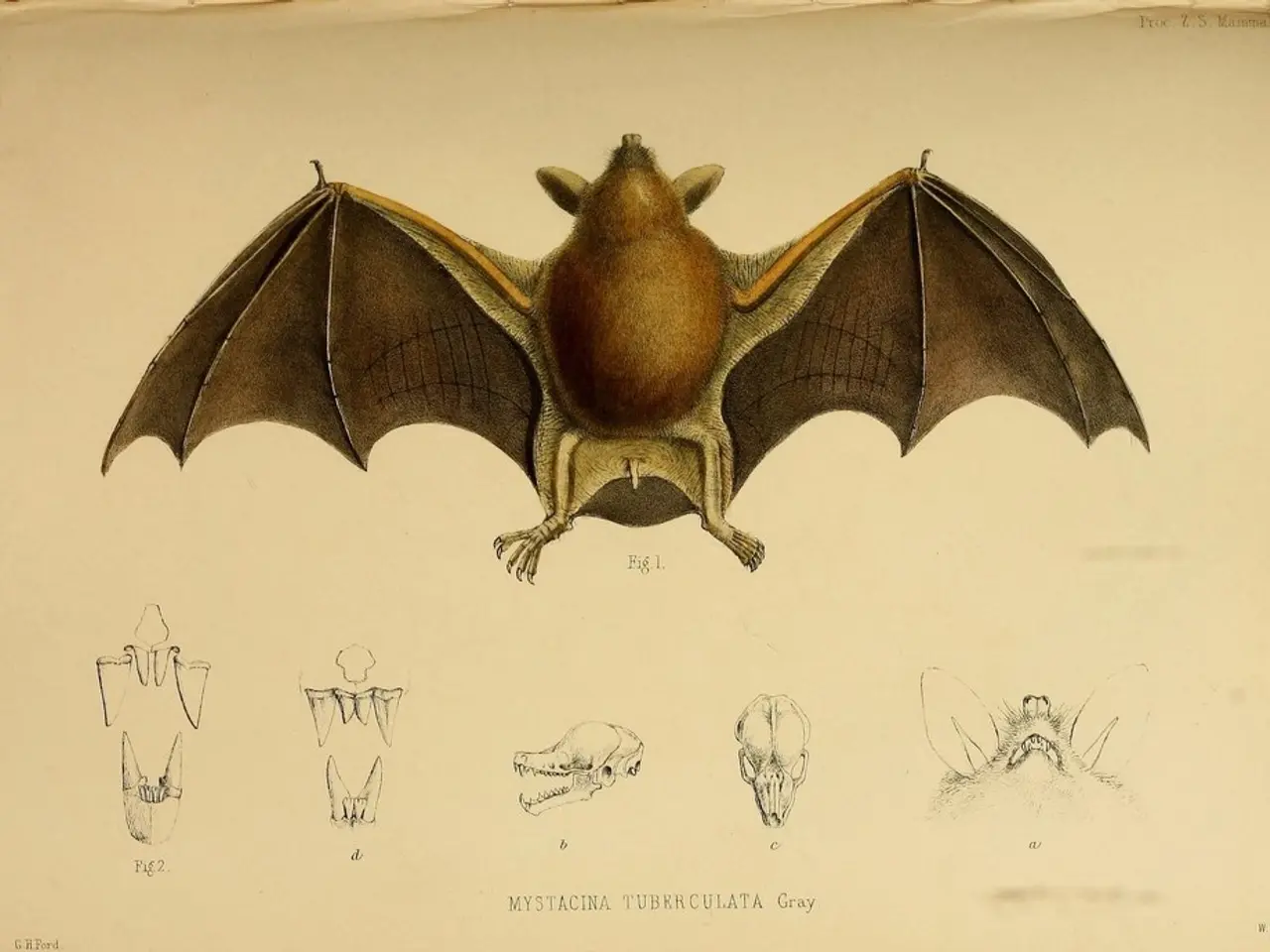University of Braunschweig constructs research facility focused on battery and fuel cell recycling and production in a circular economy setting
Germany Unveils Pioneering Research Facility for Circular Battery and Fuel Cell Production
In a significant stride towards sustainable energy storage and hydrogen research, the Centre for Circular Production of Next Batteries and Fuel Cells (CPC) is set to open at the Technical University of Braunschweig in late 2027. This €73 million research facility will focus on developing circular economy solutions for batteries and fuel cells, aiming to integrate recyclability and material recovery from the earliest stages of design and manufacturing.
The CPC, scheduled for completion by the end of 2027, will span 3,700 square meters at the Braunschweig Research Airport and will house approximately 150 scientists. The research building consists of a four-story office wing, a two-story technical building, and a connecting body, and will be used jointly by researchers from TU Braunschweig and TU Clausthal.
The CPC represents a strategic step in Germany's energy storage and hydrogen research landscape, with a central focus on recovering critical raw materials and processing them into high-purity active materials. This shift from after-market recycling to an integrated production approach is expected to reduce resource consumption and environmental impact in critical clean energy sectors.
Research at the CPC will focus on advanced energy storage technologies, including solid-state batteries, flow batteries based on membranes, fuel cells, and metal-oxygen systems. The centre's interdisciplinary approach, leveraging collaboration across disciplines such as process engineering, chemistry, physics, manufacturing technology, recycling, and logistics, marks a novel paradigm that could influence energy storage and hydrogen fuel cell industries across Europe and globally.
The CPC is embedded in a regional innovation ecosystem alongside other battery research initiatives like the Battery LabFactory Braunschweig and the Fraunhofer Center for Energy Storage and Systems. The project is budgeted at approximately 73 million euros, with 65 million coming from the federal and state governments of Lower Saxony.
Professor Arno Kwade, the designated spokesperson for the CPC, has described the centre as a place for "alchemists" who combine knowledge, technology, and creativity, and for "curious explorers" who challenge established production logics. TU President Angela Ittel has emphasized the importance of the CPC, stating that it represents a new quality of interdisciplinary top-level research that will have an impact beyond Lower Saxony.
The CPC is a significant milestone for energy storage and hydrogen research in Germany, transitioning from a linear "produce-use-dispose" model towards a circular model designed to reduce resource consumption and environmental impact in critical clean energy sectors. Its holistic approach—embedding end-of-life recovery and reuse at the product design phase—marks a novel paradigm that could influence energy storage and hydrogen fuel cell industries across Europe and globally.
Read also:
- Weekly developments in the German federal parliament, the Bundestag
- Solar Shutdown: Merz Proposes Billions of Gas Discharge - Reverse Plan
- New guidelines for NEPA processes unveiled by federal agencies, in alignment with Executive Order 14154 and the Seven County Decision of the Supreme Court
- Anticipated Rise in Electricity Bills Coming in July for Latvian Residents








